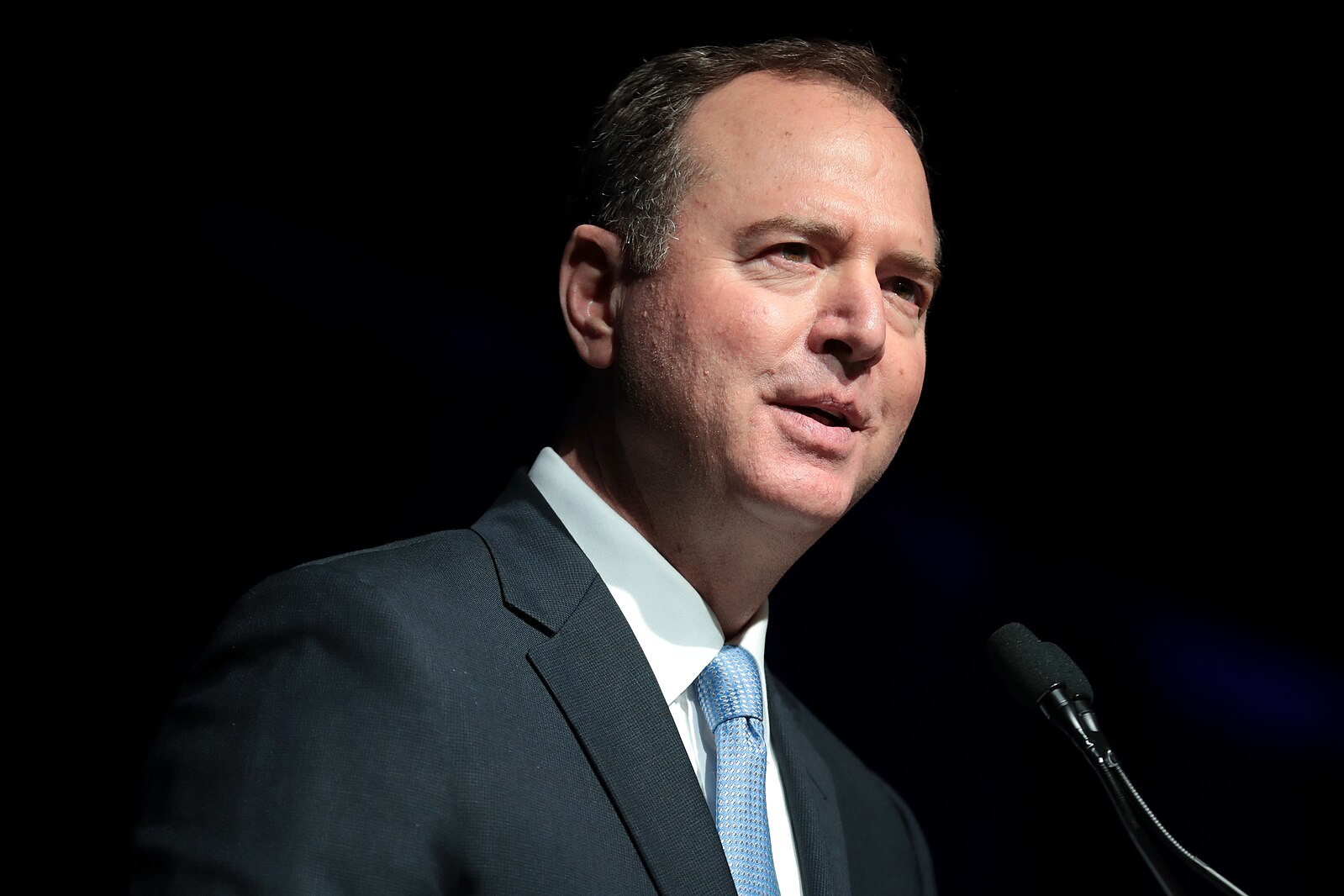
In the first Trump administration, then-Rep. Adam Schiff spearheaded the House’s investigations into Donald Trump. He began as the top Democrat on the intelligence committee’s probe into Russian election interference, later becoming the lead investigator in the Ukraine aid dispute that triggered Trump’s first impeachment.
When Trump left office, Schiff served on the House committee that examined Trump’s attempts to overturn the 2020 election and the January 6, 2021, attack on the U.S. Capitol.
Now, with Trump back in the White House and Schiff in the Senate, the president is turning the machinery of government against one of his most persistent adversaries.
Last week, FBI Director Kash Patel declassified and released internal FBI interview notes from a former House Intelligence Committee staffer. That staffer first accused Schiff in 2017 of directing illegal leaks of classified information about Trump and Russia.
These allegations had already been examined during Trump’s first term, when federal prosecutors questioned the staffer’s credibility. Despite this, Trump used the claims to urge Attorney General Pam Bondi to investigate Schiff.
Speaking at the Kennedy Center, Trump said, “It was a hoax created by the Democrats, but in particular, Schiff, crooked Hillary, the whole group.”
Adding to the pressure, the Federal Housing Finance Agency director referred Schiff to the Justice Department last month over alleged mortgage fraud. Schiff’s lawyer dismissed media reports of a grand jury investigation, calling the claims “transparently false, stale, and long debunked.”
A Pattern of Retribution
The attacks on Schiff are part of a wider pattern. Trump and his administration have targeted political opponents ranging from congressional Democrats to prosecutors who pursued cases against him while he was out of office.
CNN reported that the Justice Department recently opened a grand jury investigation into New York Attorney General Letitia James, who brought civil actions against Trump and the National Rifle Association. That investigation also involved mortgage fraud allegations. James’ attorney called the claims baseless and discredited.
Trump has called for Schiff’s prosecution since 2017, repeatedly labeling him a traitor. His demands extended to other members of the January 6 committee, prompting President Joe Biden to issue preemptive pardons before leaving office.
Ironically, Trump’s attacks helped Schiff gain visibility, turning him into a household name and a powerful fundraiser. That momentum carried him to a Senate victory in 2024. Schiff himself has leaned into the role, often calling Republican attempts to censure him a “badge of honor.”
Schiff has responded to the pressure with defiance. On CBS’ “The Late Show with Stephen Colbert” last month, he directed a blunt message toward Trump on live television: “Donald, piss off.”
Behind the scenes, Schiff has retained legal firepower. Preet Bharara, former U.S. attorney for the Southern District of New York, was named as Schiff’s personal attorney. Bharara criticized the Justice Department’s appointment of Ed Martin to oversee investigations into Schiff and Letitia James, saying any such inquiry would exemplify weaponization of justice.
Martin, now director of the DOJ’s Weaponization Working Group, defended the referrals on Fox News, suggesting the probes could be expansive.
The FBI Notes
The newly declassified FBI records date back to interviews with a committee staffer in 2017, 2019, and 2023. These notes—known as 302s—were released to Congress last week by Patel, who himself was an intelligence committee aide under then-Chair Devin Nunes.
The redacted staffer accused Schiff and other Democrats of leaking classified information to damage Trump. In a 2023 interview, he escalated the charge, alleging Schiff had openly stated the intent to leak material to indict Trump.
The Justice Department inspector general later found the staffer to be of “unknown reliability,” with little evidence to support the claims. The staffer was fired from the committee in 2017, a dismissal he attributed to his refusal to join leaking efforts. A senior congressional official, however, told CNN the firing was unrelated and tied to earlier travel issues.
The Justice Department pursued the staffer’s claims by secretly obtaining the phone and email records of Schiff, Rep. Eric Swalwell, other congressional staffers, their families, and even journalists. The effort sparked outrage when it became public in 2021.
Despite the invasive steps, the investigations were closed without charges. The inspector general emphasized doubts about the staffer’s credibility, and the allegations never held up.
A spokesperson for Schiff said the accusations were “absolutely and categorically false,” framing them as an effort to distract from unrelated controversies. Swalwell also rejected the claims, noting private text exchanges where the same staffer later sought to maintain ties with him.
What The Author Thinks
What we are witnessing is less about justice and more about a cycle of political vengeance. Trump’s willingness to unleash federal resources on old, previously dismissed allegations against Schiff and others shows how blurred the line has become between governance and retribution. It is not unusual for politicians to clash, but when institutions are repeatedly used to settle political scores, the process itself risks losing credibility. Schiff may have embraced his role as a foil to Trump, but the cost is a justice system that increasingly resembles a battleground instead of a safeguard.
Featured image credit: Wikimedia Commons
For more stories like it, click the +Follow button at the top of this page to follow us.
